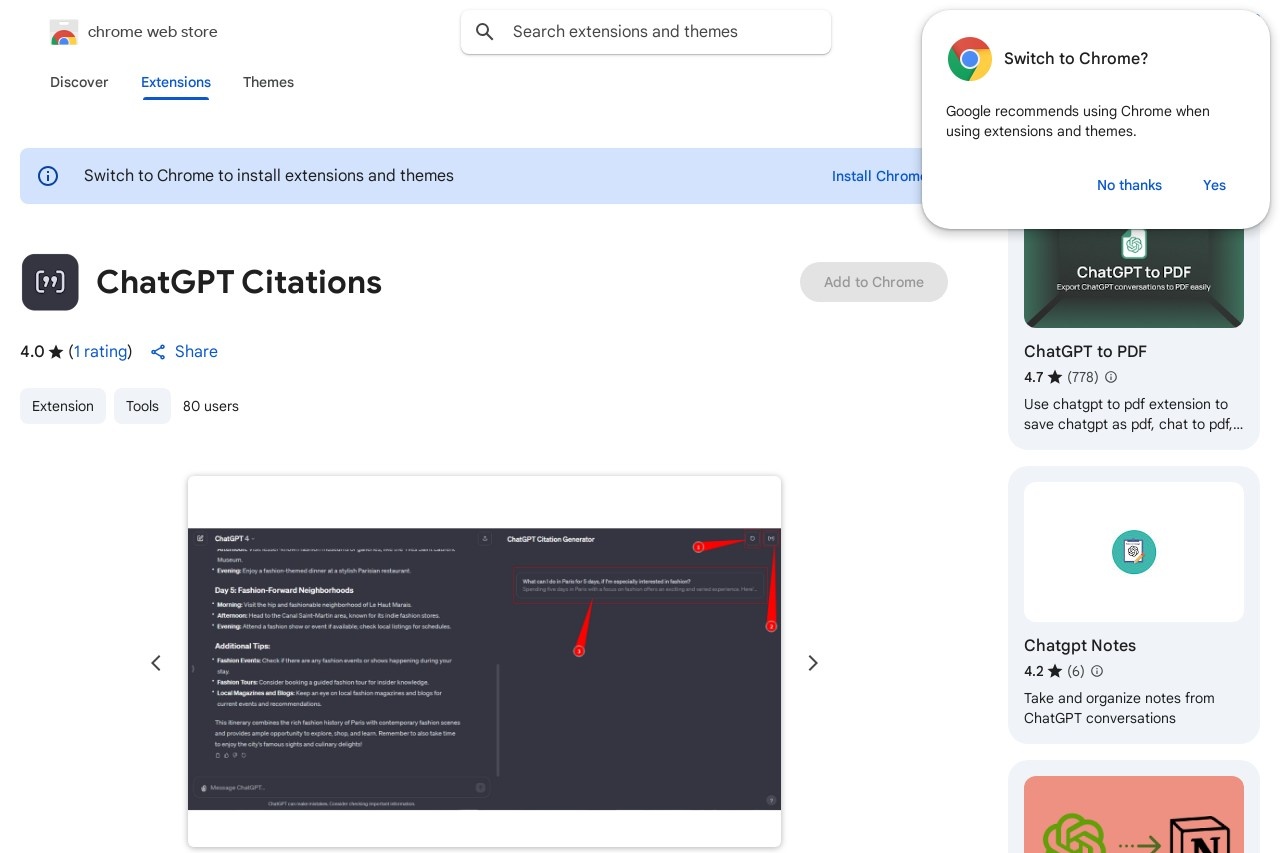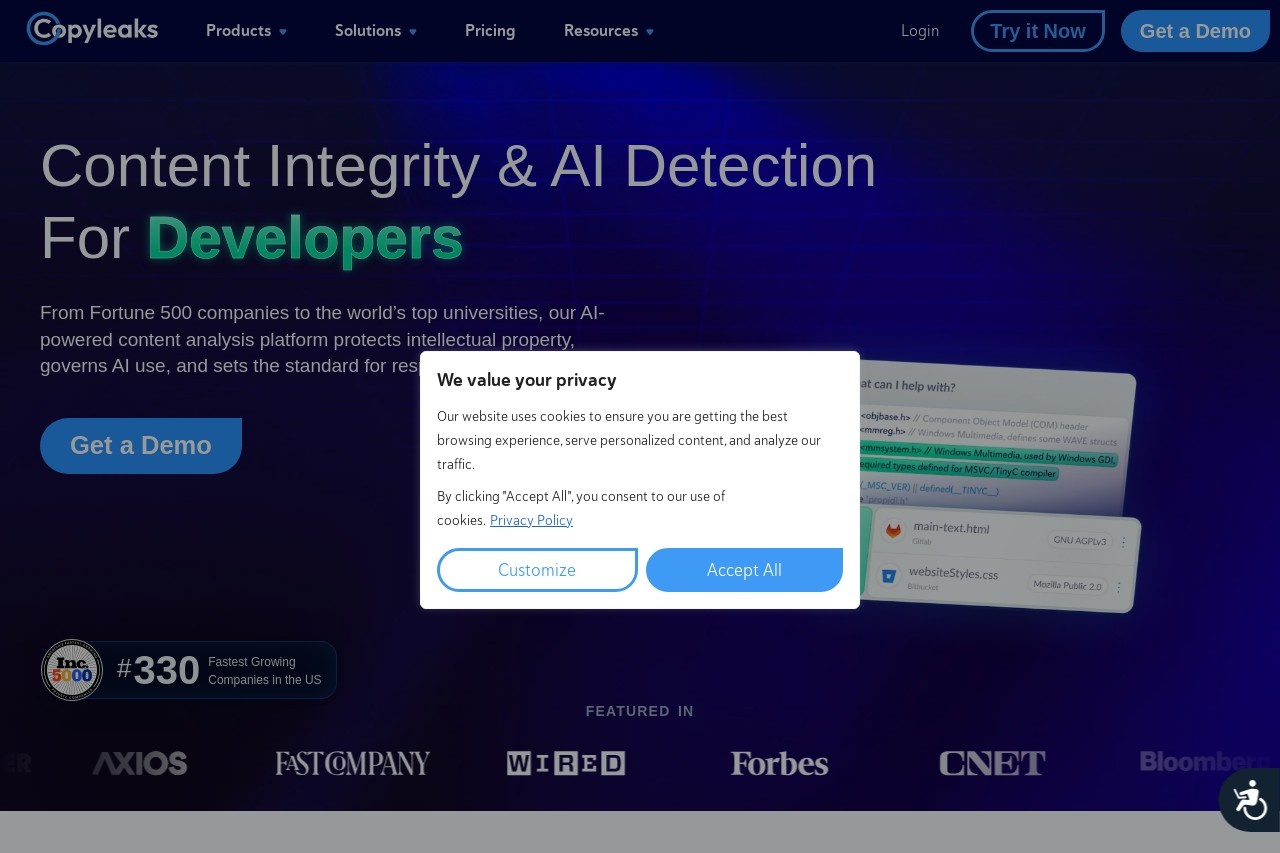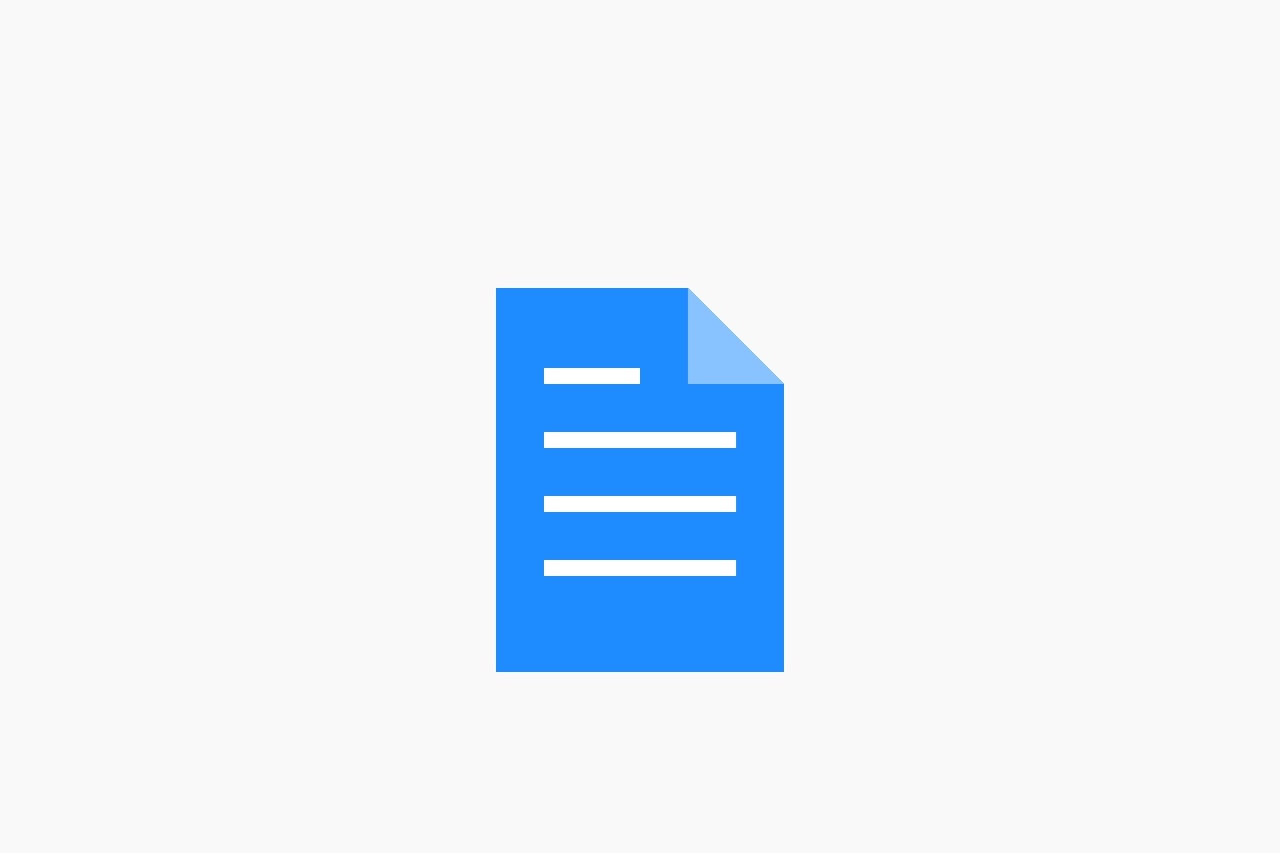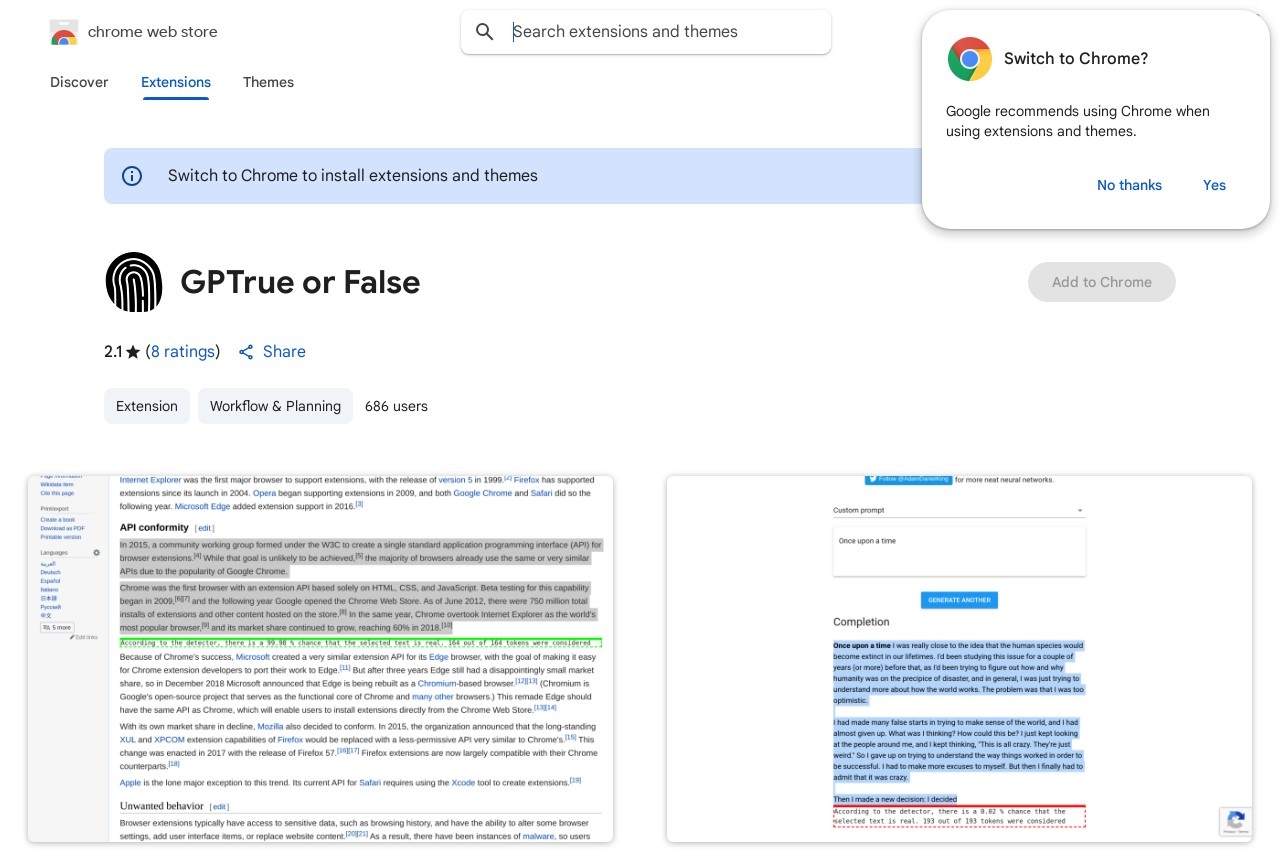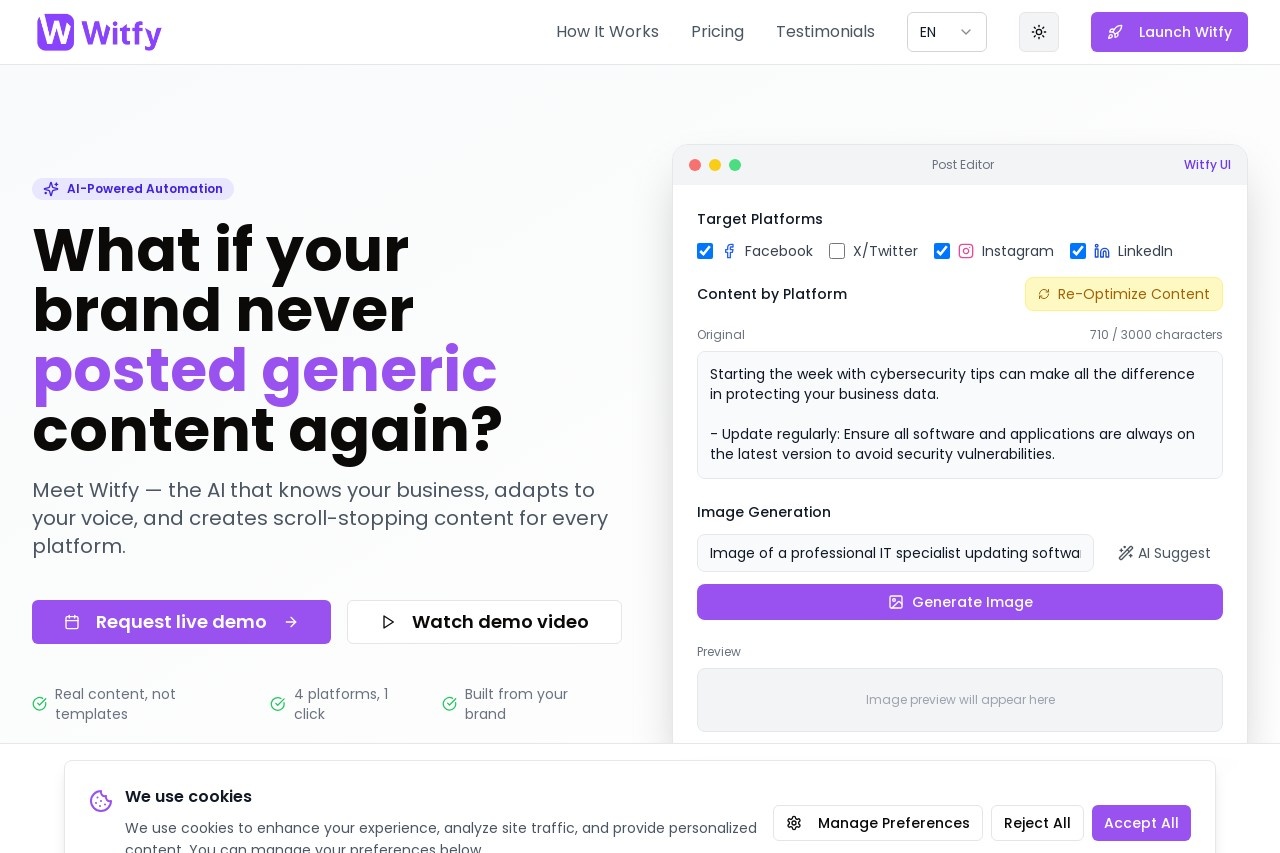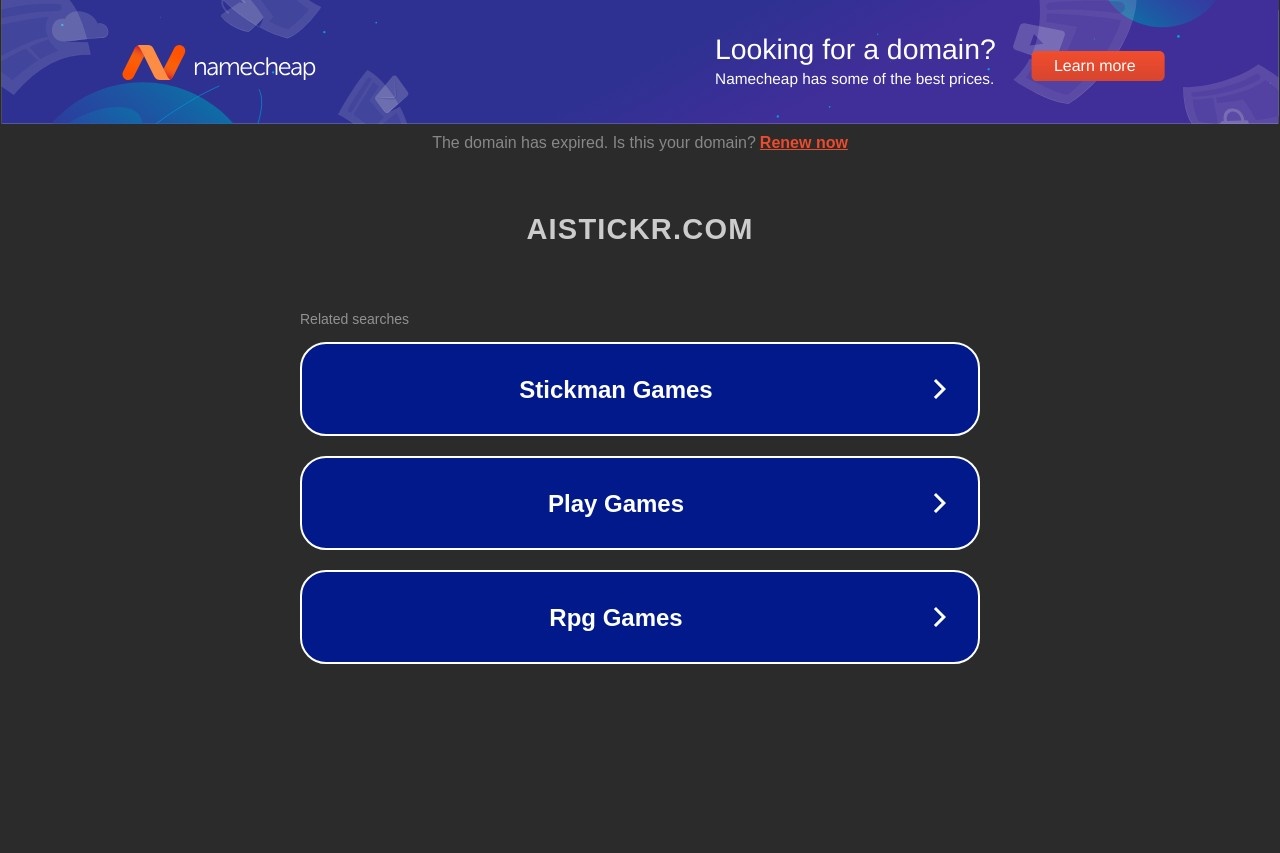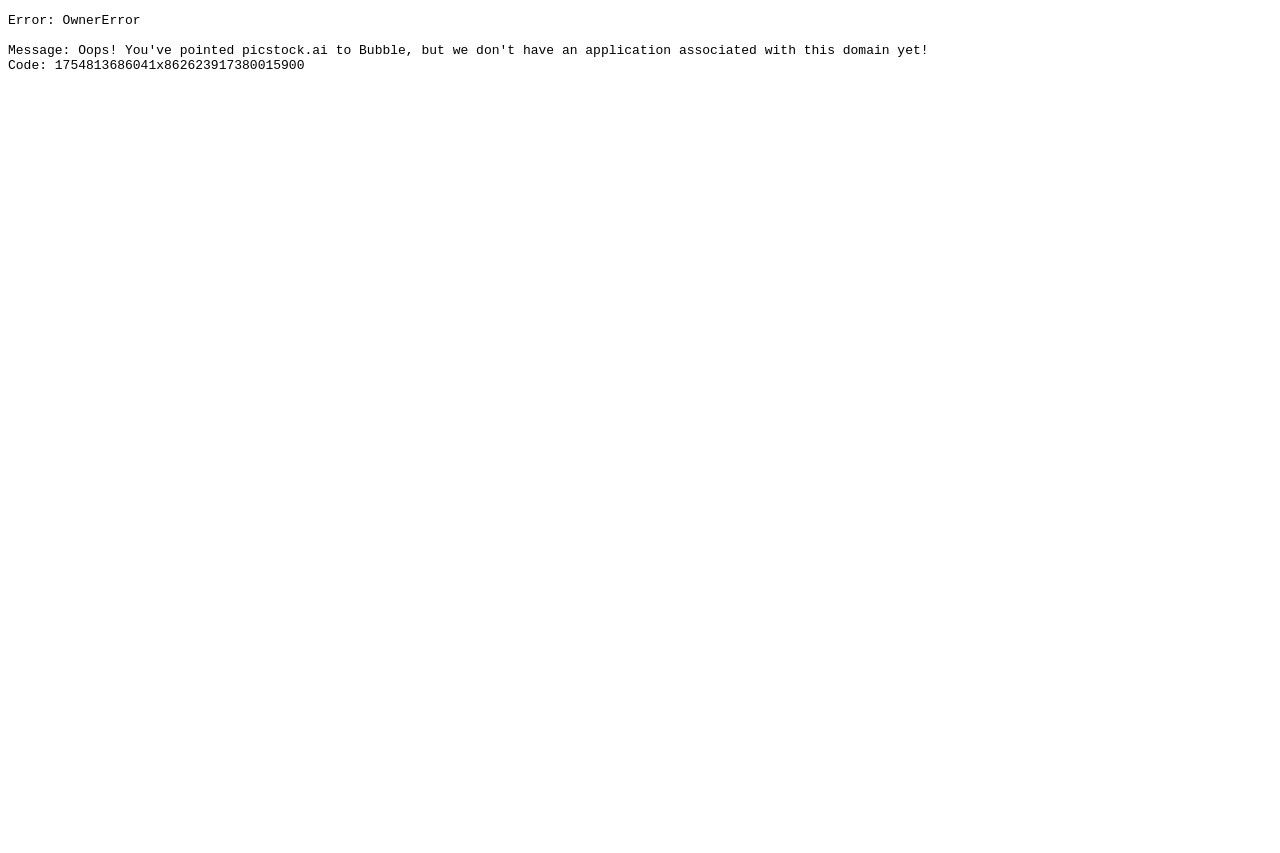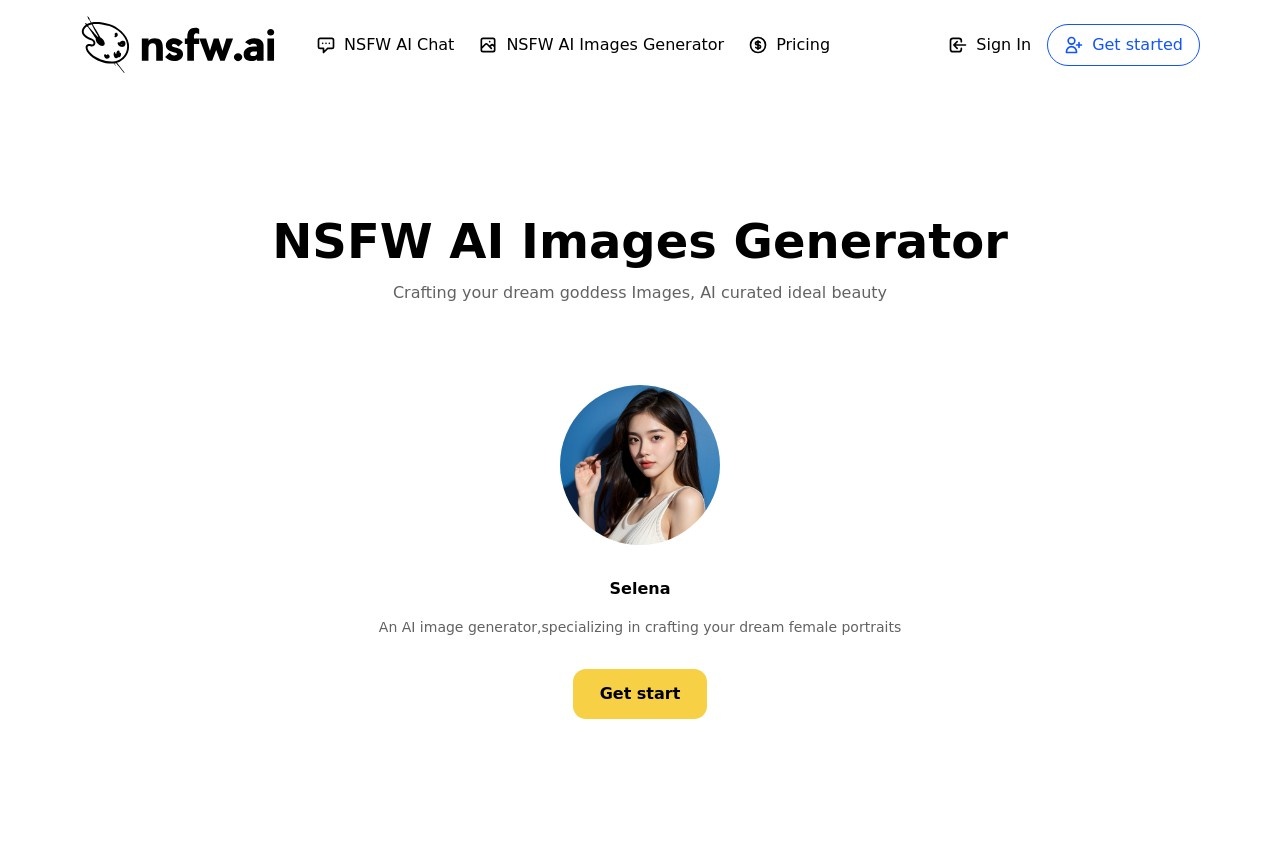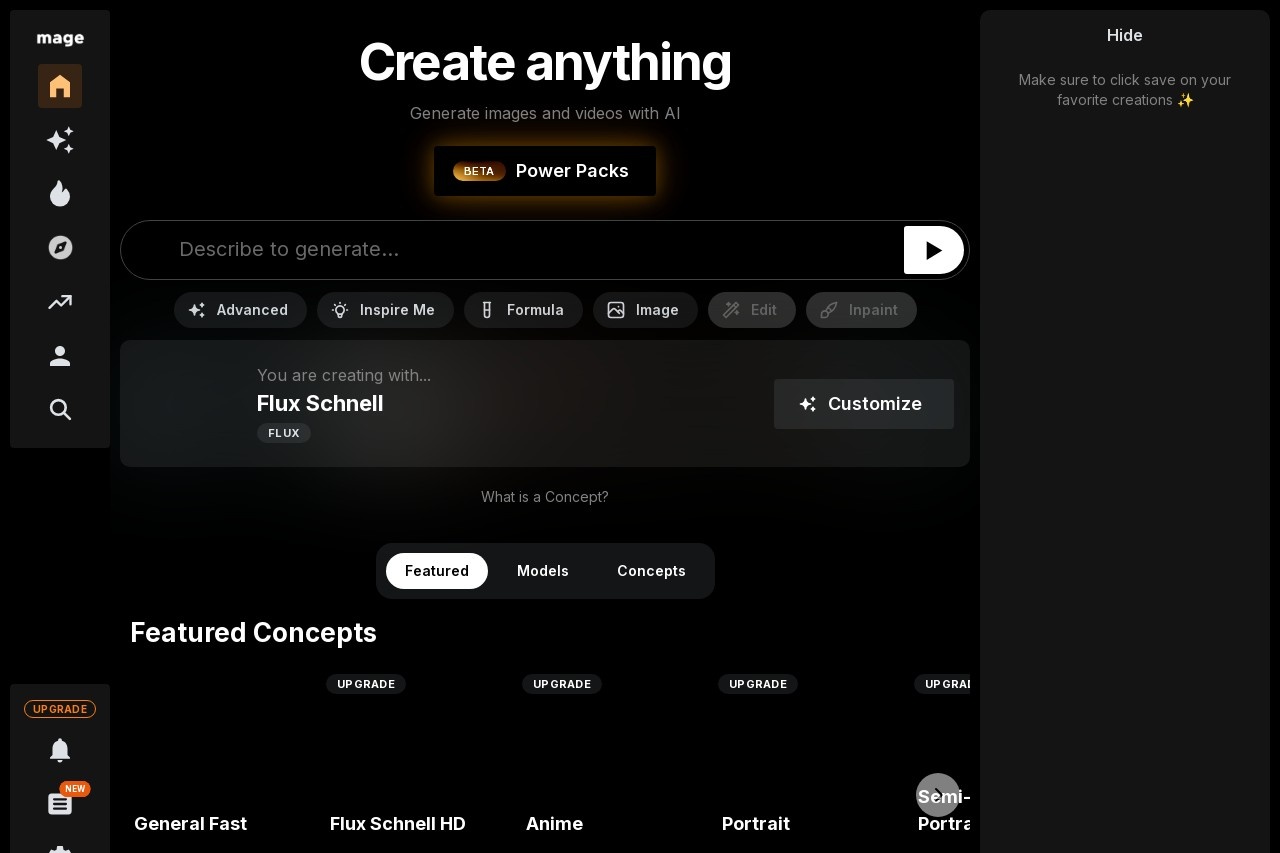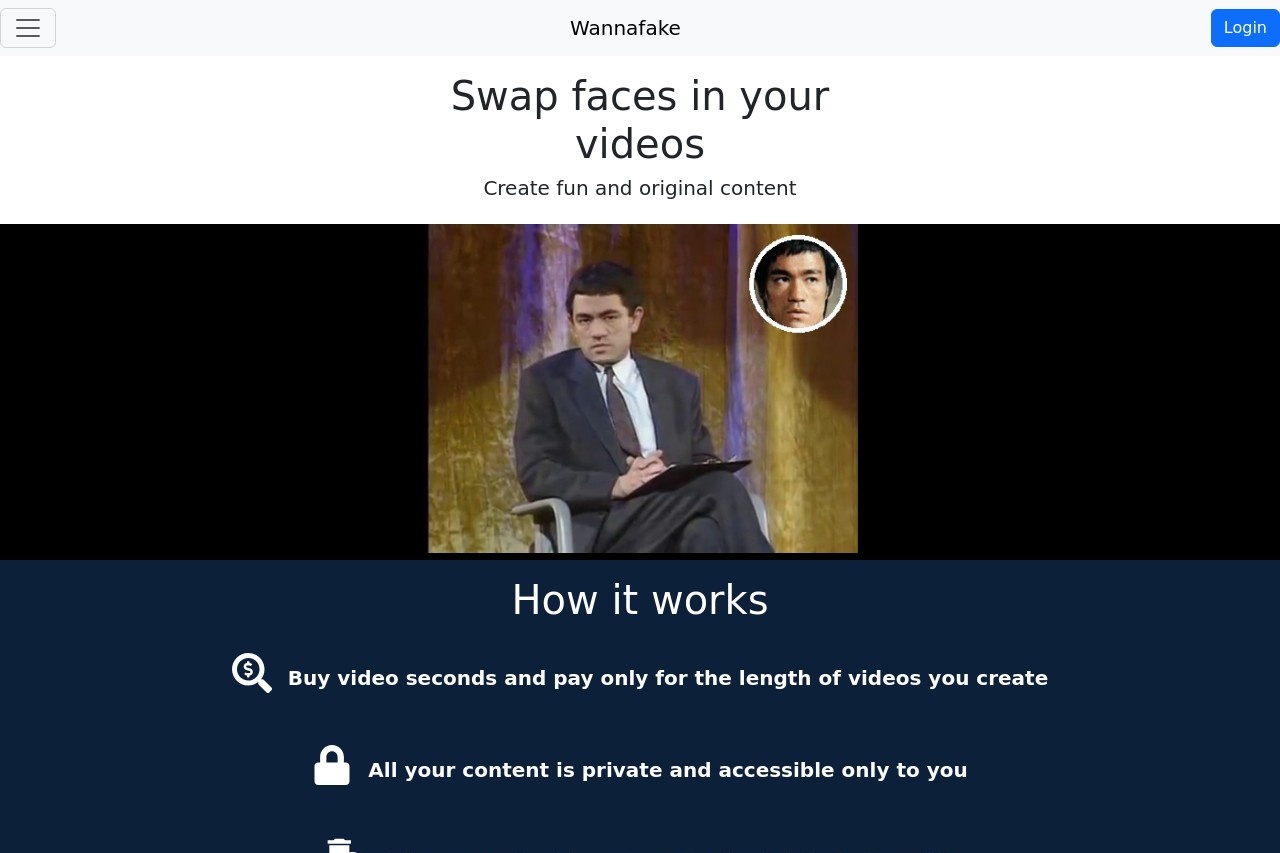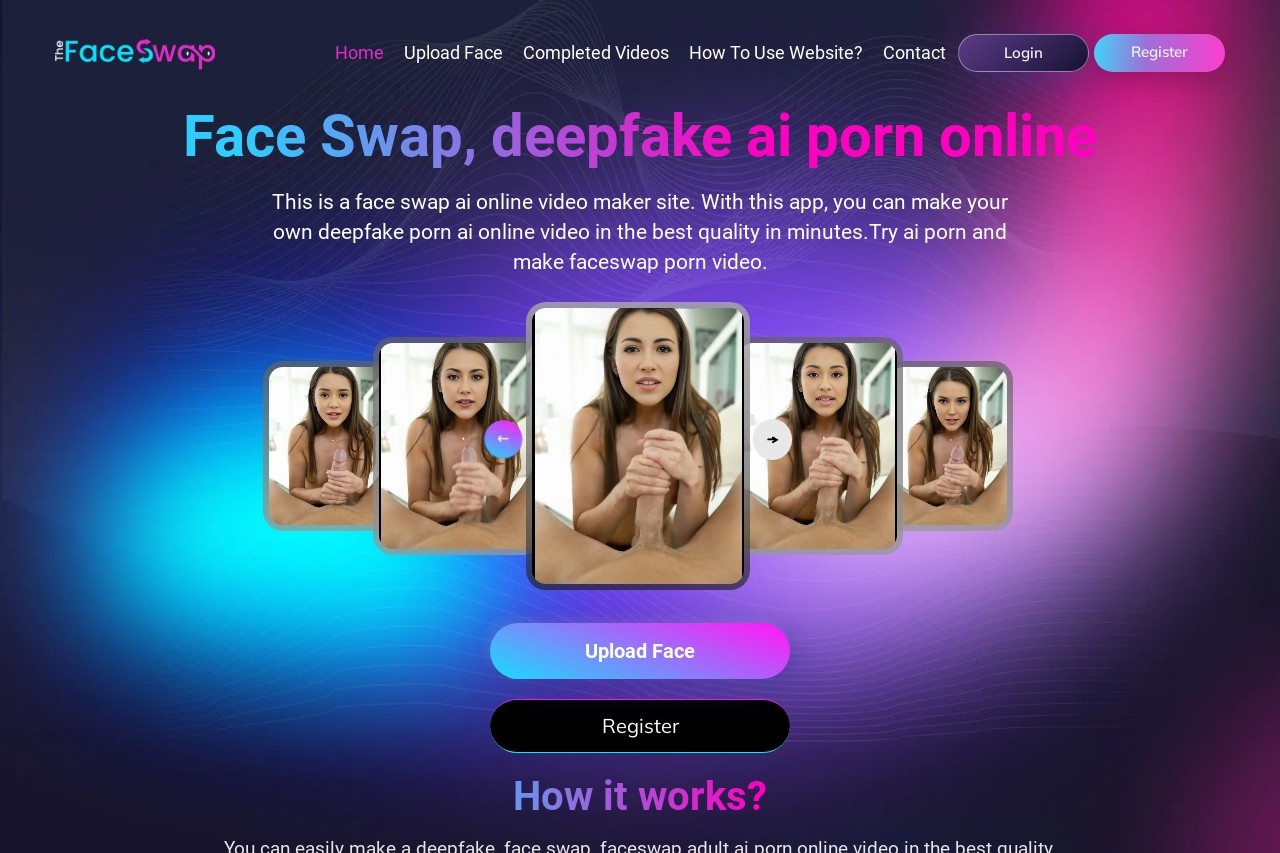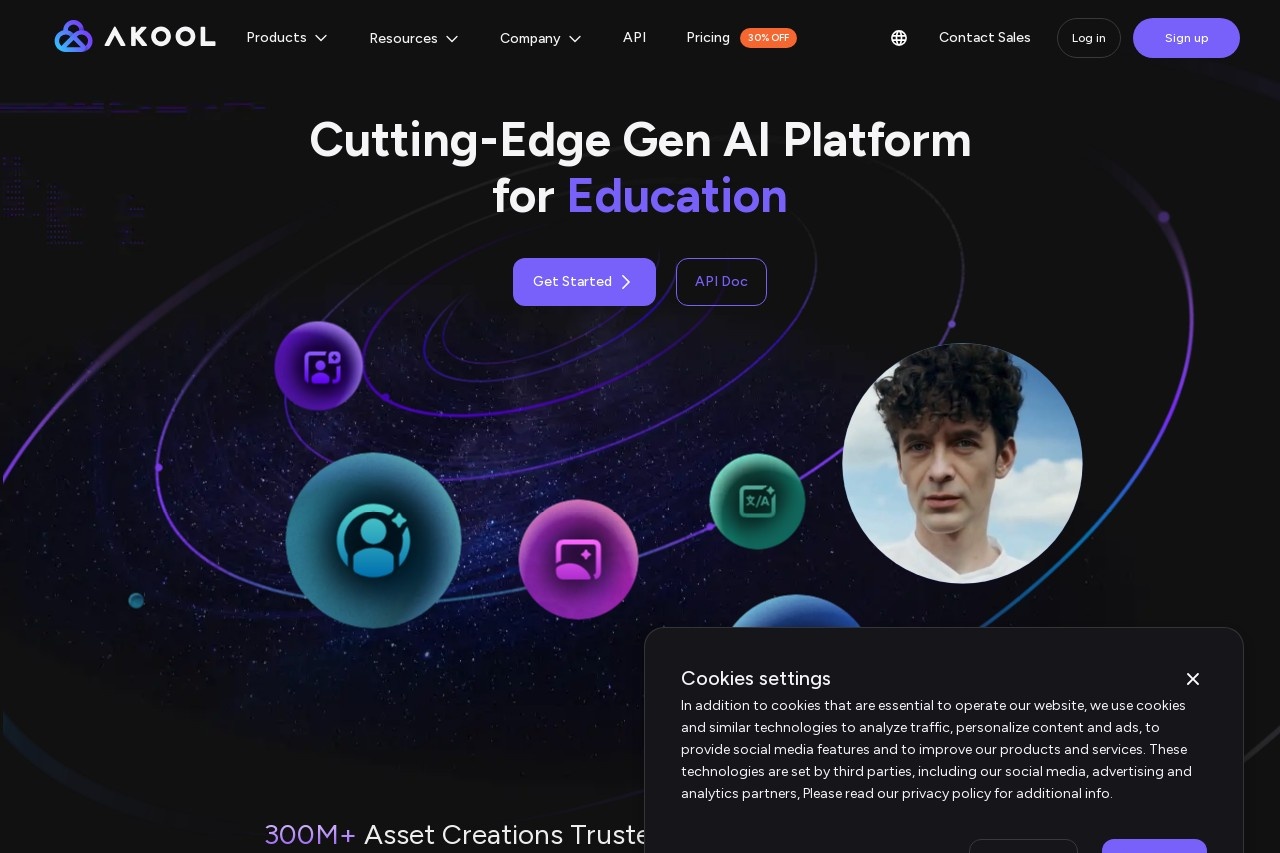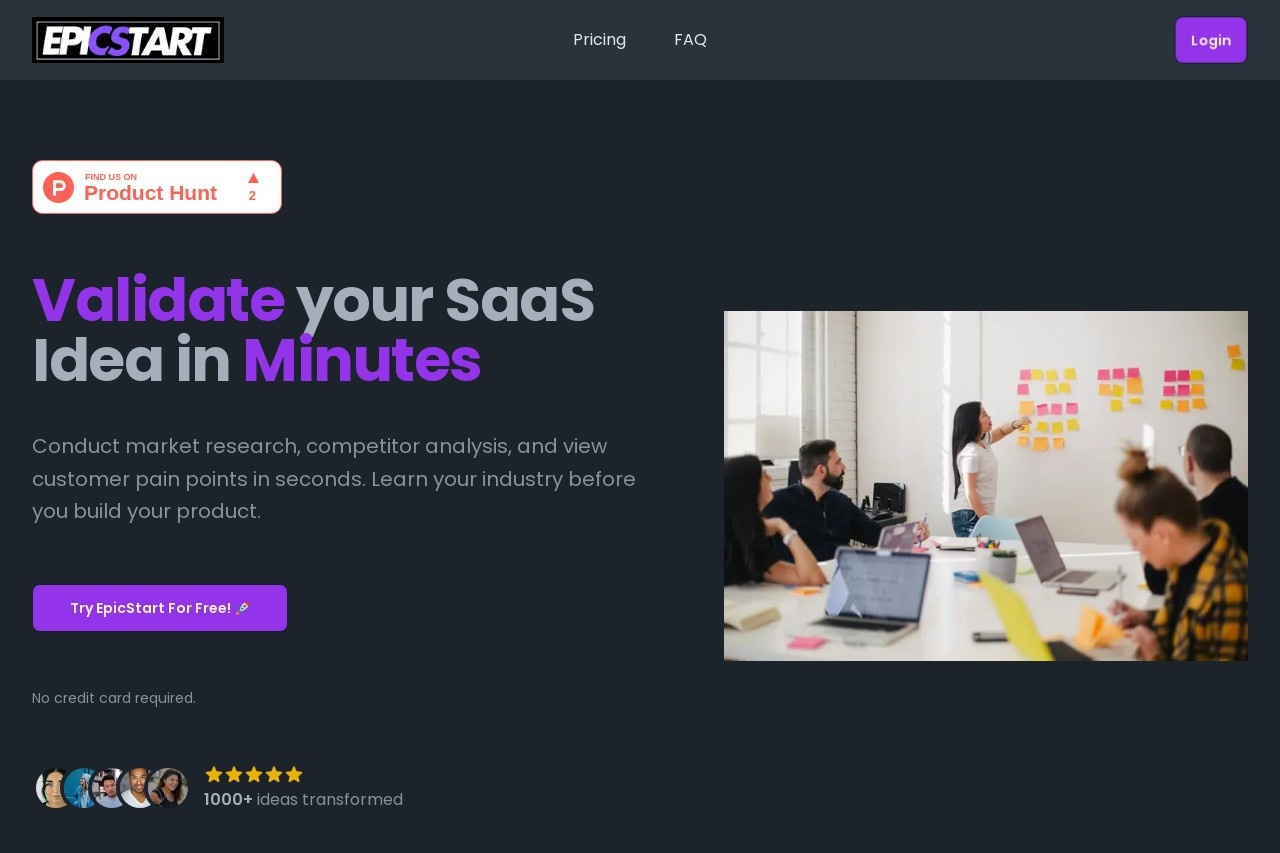ChatGPT Citations
ChatGPT Citations
Generating accurate citations from ChatGPT conversations can streamline academic and professional workflows. Below is a guide to creating BibLaTeX citations for content derived from ChatGPT interactions.
Why Cite ChatGPT?
As AI-generated content becomes more prevalent, proper attribution ensures transparency and credibility. Citing ChatGPT acknowledges its role in research, writing, or idea generation while adhering to academic integrity standards.
Key Elements for BibLaTeX Citations
A typical BibLaTeX entry for a ChatGPT conversation should include:
- Author: "OpenAI" or the specific model name (e.g., "ChatGPT-4")
- Title: A description of the conversation topic
- Year: The date of the interaction
- URL: If applicable, the conversation link (for shared chats)
- Note: Clarify the AI nature (e.g., "AI language model")
Example BibLaTeX Entry
Here’s a template for citing a ChatGPT conversation:
@misc{chatgpt_2023,
author = {OpenAI},
title = {Conversation about renewable energy trends},
year = {2023},
url = {https://chat.openai.com/share/abc123},
note = {Generated by ChatGPT-4, an AI language model}
}
Best Practices
- Verify if your institution or publisher has specific AI citation guidelines.
- Include prompts or context if the citation supports critical arguments.
- For published works, consider supplementing AI citations with human-verified sources.
By standardizing ChatGPT citations, researchers can ethically integrate AI-generated insights while maintaining scholarly rigor.

